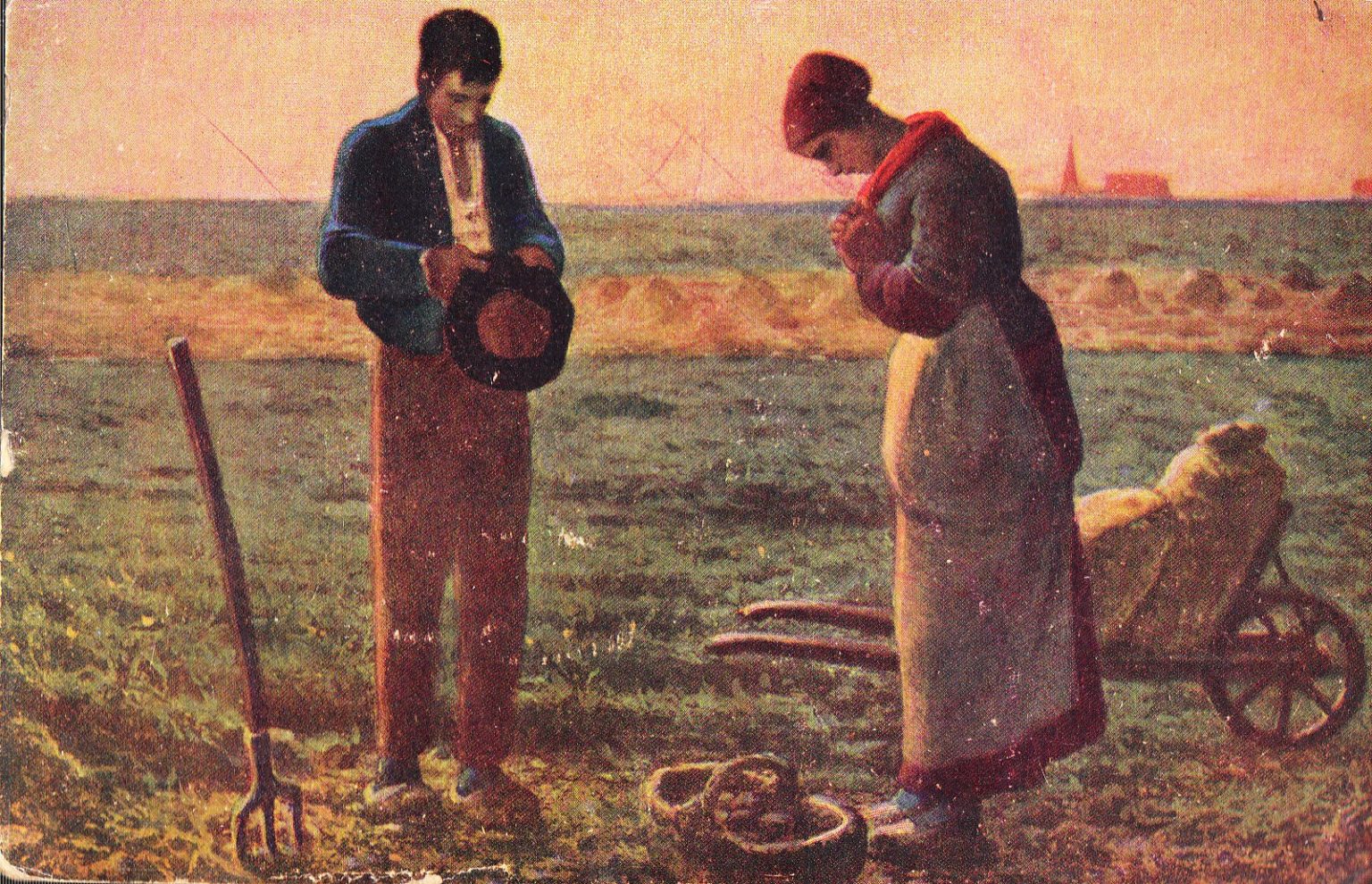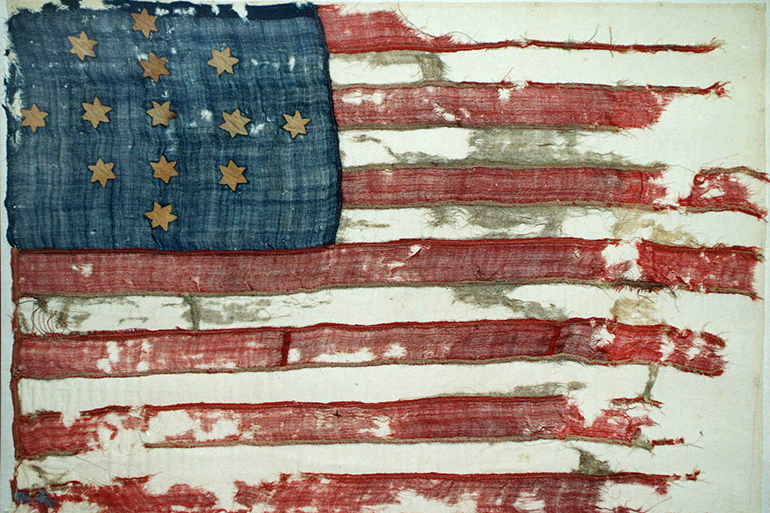(The featured art is from the British magazine “Punch” in September, 1914, and it reads “God and Women our Shield!”)
World War I began in August, 1914, with an invasion by Kaiser Wilhelm’s Germany into France, essentially to finish a job they wished they’d finished in 1870 with the Franco-Prussian War. They had had a plan on the drawing board since 1905 but it involved them going through Belgium, which was an internationally recognized “neutral” nation. So, they first asked Belgium’s King Albert to nicely accede, (actually concede) and allow them to pass thru peaceably. And they wouldn’t tear up everything. Just tell your people to make nice with us. We probably won’t stay long.
But surprisingly (to the Germans, who almost always got their way), King Albert said “no” and then called out his troops, who put up a helluva fight…but for only a few days. They didn’t really slow down the German march on France, but they did mess up the German 1905 Plan by causing the Germans to have to leave many troops behind, to both occupy and punish, for this Belgian “bad manners” really angered the German High Command, who, very much like people we still recognize today, essentially ordered the people of Belgium to be treated as criminals while still keeping to the international laws of war with regard to Belgian soldiers, who died by gunfire and artillery barrages and the like.
Follow my thinking here, for what we are seeking is a link to German “imperial” thinking in 1914 compared to “Nazi” thinking in 1938, for it has much to do with deeper psychologies, as that German scientist noted while being interviewed by American journalists (America was “neutral” at that time) in Aachen…“We Germans are the most industrious, the most earnest, the best educated race in Europe; Russia stands for reaction, England for selfishness and perfidy, France for decadence, Germany for progress. German Kultur will enlighten the world and after this war there will never be another.” (italics mine)
In some cities and towns in Belgium, particularly Liege, Andenne and Louvain, but firstly Dinant, there was early evidence that the violence against civilians was premeditated instead of a reaction to Belgian civilian resistance. In Dinant, the German General von Hausen said he believed the inhabitants were as dangerous as the French soldiers themselves. According to Barbara Tuchman, (1962), The Guns of August, cited below, Hausen said he personally witnessed the “perfidious” activity of Belgian citizens after he had been snubbed by a prominent Belgian citizen whose home he had seized to be his temporary headquarters. (The man refused to speak to him.) Hausen said his troops began rounding “several hundred” citizens up, men, women and children. The general said they were “tightly crowded”— under guard—“their faces displaying fear, nameless anguish, concentrated rage for revenge provoked by all the calamities they had suffered.”
(It was their rage that insulted him.)
They were kept in the main square till evening, then lined up, women on one side, men opposite in two rows, one kneeling in front of the other. Two firing squads marched to center of the square, facing away from each other and fired away til no more of the targets stood upright. Six hundred and twelve bodies were identified and buried, including Felix Fivet, aged three weeks. (I’m sure the shooters considered young Felix’s death a mercy killing since there would be no one to care for him.)
“Profoundly moved” by this desolation wrought by his troops, General Von Hausen left the next day secure in his conviction that fault for those deaths had laid with “the Belgian government, which approved this perfidious street fighting contrary to international law.”
(Pay close attention to either the “lie” or the self-deception, or both, found in that comment, for it is part of the thought process in linking “Prussians, and the Stupidity of Blind Believers” today.)
Germans were obsessed with violations of international law, even as their very presence in Belgium, an internationally recognized “Neutral” by the comity of nations, was a gross violation. All Belgium did was say “No”.
Ms Tuchman wrote:
“The German obsession had two parts; that Belgian resistance was illegal, and that it was organized from “above”, from the government to burgomeisters, priests, and any other station that could be considered “above the people”. (No evidence)
“Thus, the shooting of a single hostage was the same as the shooting of 612, or the razing of an entire city if it could be charged against the “government”.
The Prussian von Hausen protested this constantly, “or else why would these rural country folk all have shotguns?” Thus spake the Prussian, who feared the French snipers (franc-tireurs) used against the Prussians in 1870. It just wasn’t “regular”, it was “disorderly”.
“And according to Goethe, (a German who was noticeable by his absence in the Monthy Python soccer match), if there is to be a choice between “injustice” and “disorderly” the German will choose “injustice”. Schooled in a state in which the relationship of the subject to the sovereign has no basis other then obedience, he is unable to understand a state organized upon any other foundation.
(Hold that thought, as we will pick it up in following pieces.)
On August 25, 1914, another German army ravaged the city of Louvain, deliberately burning the 15th Century university library destroying approximately 230,000 books, 950 manuscripts, and 800 books written before 1500. Civilian homes were set on fire and citizens were often shot where they stood, with over 2,000 buildings destroyed and 10,000 inhabitants displaced. These actions brought worldwide condemnation. (There were also several friendly fire incidents between groups of German soldiers during the confusion, probably while drunk.) In body-count, it was not as severe as Dinant, but in terms of the deliberate use of terror, much worse.
Richard Harding Davis, America’s most famous war correspondent since Havana, writing for the “New York Tribune”, was in Louvain and wrote a column titled “The Germans Were Like Men After an Orgy”.
Although the Germans lost the war, and their country back home was punished severely by the Versailles Treaty, (possibly assisting in Germany’s rebuild toward World War II, and certainly a selling point for the rise of Adolf Hitler and the Nazi Party) not one single senior German officer was charged in any international tribunal for war crimes, unlike the Nuremberg trials which followed the next war.
Of course, the ruling international laws would have been different in 1918, but I am sure dozens of high-profile Democrat Party attorneys, and least two floors of the Department of Justice could give several reasons why charges would not be filed had those same crimes happened on their watch.
Even possibly using that same reason proffered by Goethe 300 years earlier, “Schooled in a state in which the relationship of the subject to the sovereign has no basis other then obedience“…will determine.





